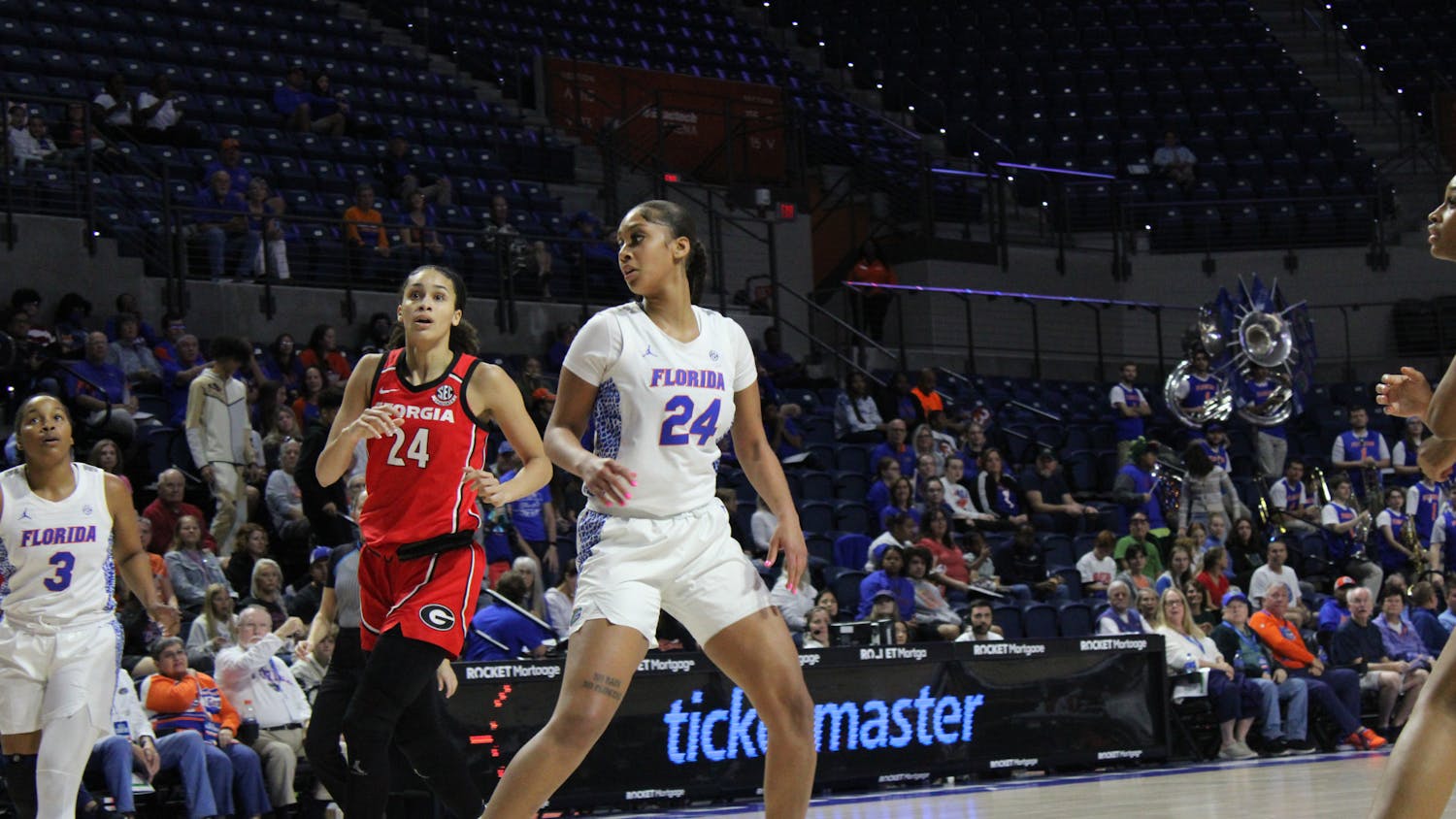Proust once wrote memory isn’t contained within us, but all around us, in the seasons that come and go and remind us the world goes on. And so every winter, I remember the winters previous, going back to the first one when I came to Gainesville, on the edge of beginning my so-called real life.
During Thanksgiving break, I reconnected with an old friend. In the years we hadn’t spoken, she married an Irishman she met on Reddit and moved to Texas. At the movie theater bar, she said the years felt like "a nightmarish blur." Overlooking the Mission architecture of the University of Texas in Austin, she’d ask herself why she’d failed.
I don’t come from a literary family. Growing up, the only people I knew with a bachelor’s degree were high school teachers with a scent of failure on every word. My images of artists were Kafka and Chekhov dying of tuberculosis, pale-skin shriveled, eyelashes thick, eyes hollow. My Russian-Jewish father still feared poverty and taught writing as a God-given vocation — one I probably didn’t have. An aunt once told me, "If you don’t become a doctor, they will destroy you like they destroyed me."
With this narcissistic view of beauty as everything that wasn’t realistic, UF was difficult. A teacher of David Foster Wallace once said fiction should "comfort the disturbed, and disturb the comfortable," but in my classes, we were all graded from B to A, leaving us all indistinguishable. I still don’t know if literature is an individual event, if, like Kafka wrote, it "must be the axe for the frozen sea inside us."
We come to the defense of the humanities, but we don’t know why. Most students don’t care, and many teachers rely on PowerPoints and prioritize superficial professionalism. But what stuck with me was not argument-making, but person-making. My Sartre notes read, "you exist because…" and "sexual life as fear of being." Beckett notes read, "the coming of a voice into being," and "unknown even to herself." Orozco notes read, "death imminent for all life," and "an ample I." Depressed in Paris, I bore an intense gratitude for a Shakespeare professor’s preaching of risk and love. Studying Nazis’ self-exculpation, I questioned how I exculpated myself.
I remember walking home after a poetry workshop, invigorated by an hour spent on Anthony Hecht’s "The Cost," amazed by youth’s wonderful ignorance. I remember a fiction professor’s assignments like, "Write about when the power balance in a relationship shifts," or "When you first saw your parents afraid," or "Where you feel like yourself"; her lessons transformed how I saw my boyfriend, my family and myself.
These professors planted sloppy seeds, and I now cherish not the innumerable romanticism-realism-modernism timelines, but an ethics of passionate contemplation.
Much of what mattered to me at UF wasn’t academic: drinking rum, dancing samba and gossiping in Acadian accents after French linguistics; downing Four Lokos and making tacos after Marxist film; afternoons at the springs with a transcendentalism classmate, cracking beers on a docked boat and wondering where real life was. And that’s fine. As medievalist Professor Watt once told me, the carnivalesque we admire is the silly, chaotic and filthy.
Yet I am so grateful for learning about cultural history and how narratology, dramatics and diction reflect deep, contingent values. The poetics of storytelling translate into the storytelling of life, and this is where we can really learn "What is the Good Life" by admiring the kindness and humanity of our professors, defining ourselves with and against our peers and being impractical in leafy, weird, little Gainesville.
To my old friend: Your resumé does not make you a failure. I hope in a secular world, we can still worship something more. I hope we can care about our lives for more than one semester. I hope the liberal arts are more than an economic product of World War II and the baby boom that’s lost its luster. I hope we can do more than compare ourselves on Facebook and LinkedIn, and learn to be at peace with ourselves, which — and I thank so many at UF for this — I am one step closer to.
Ann Manov is a UF French, English and Spanish senior. Her column appears on Mondays.





